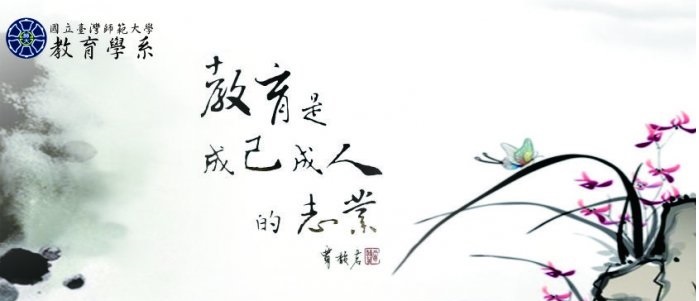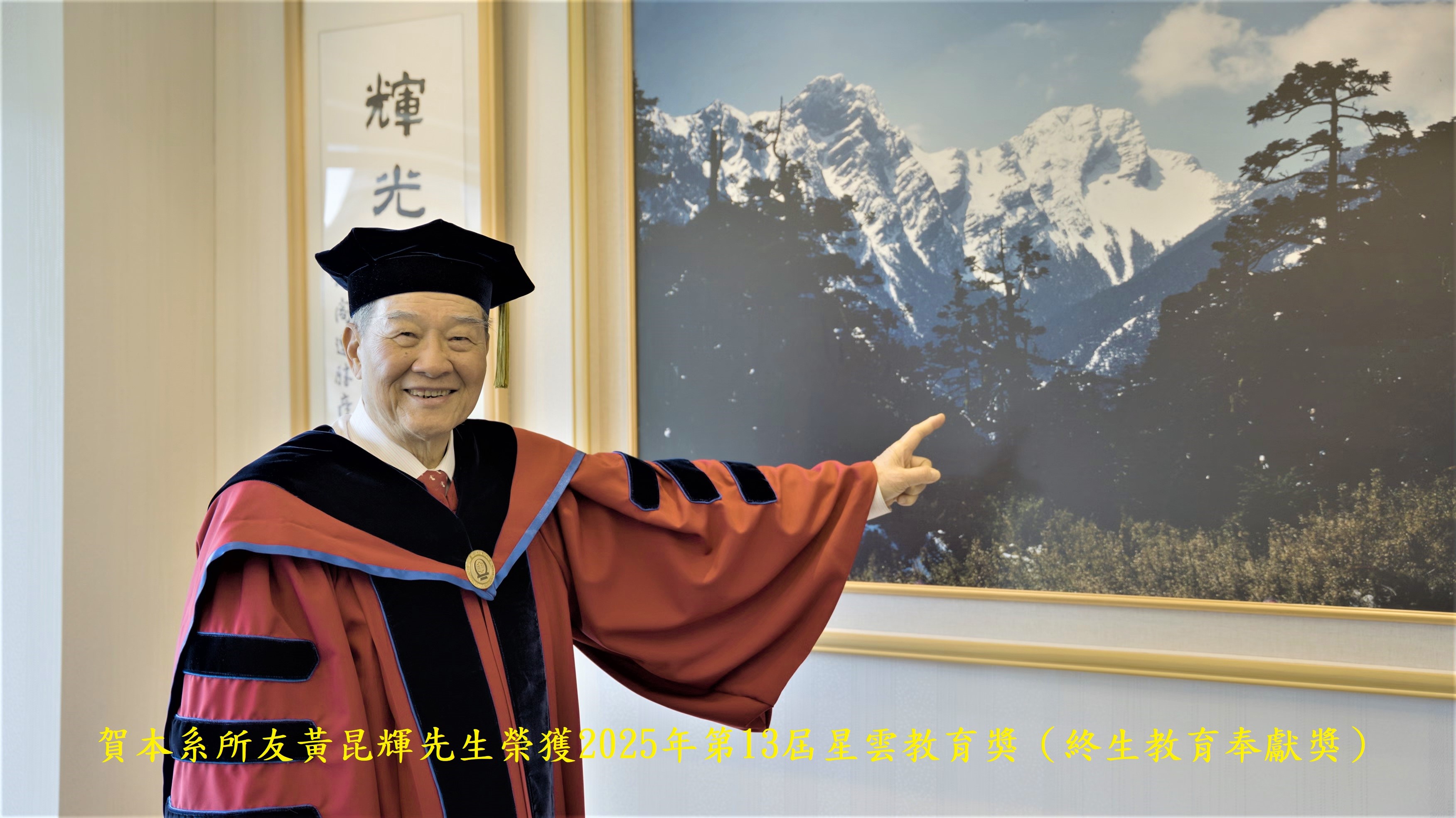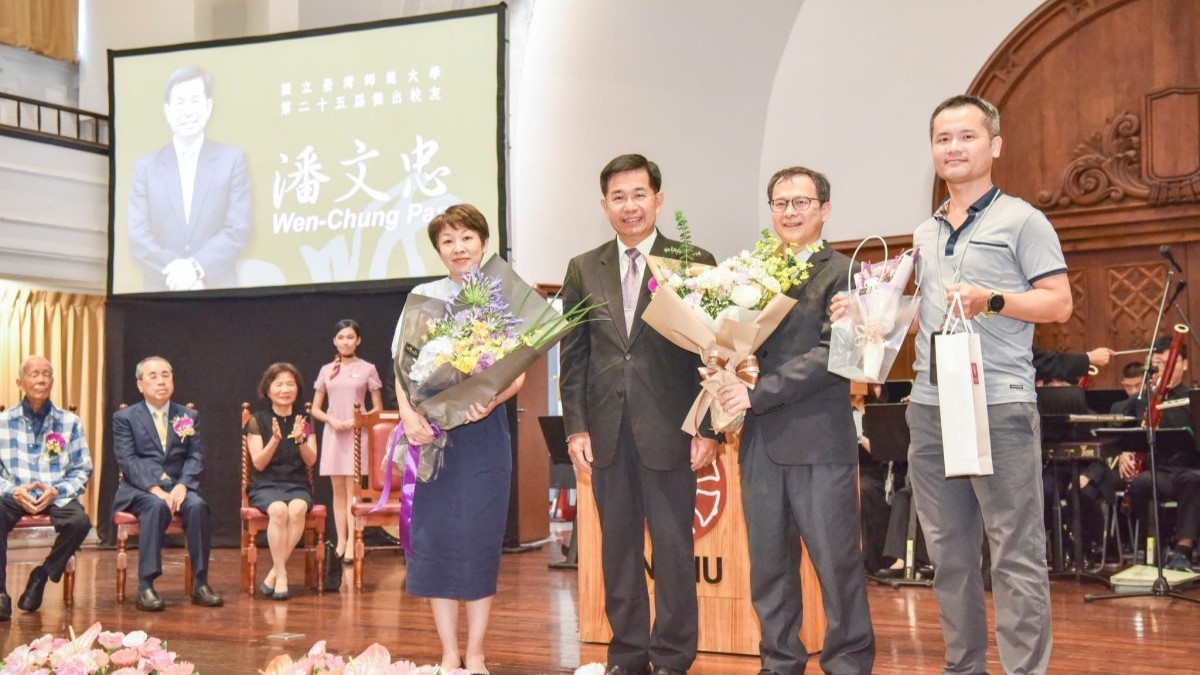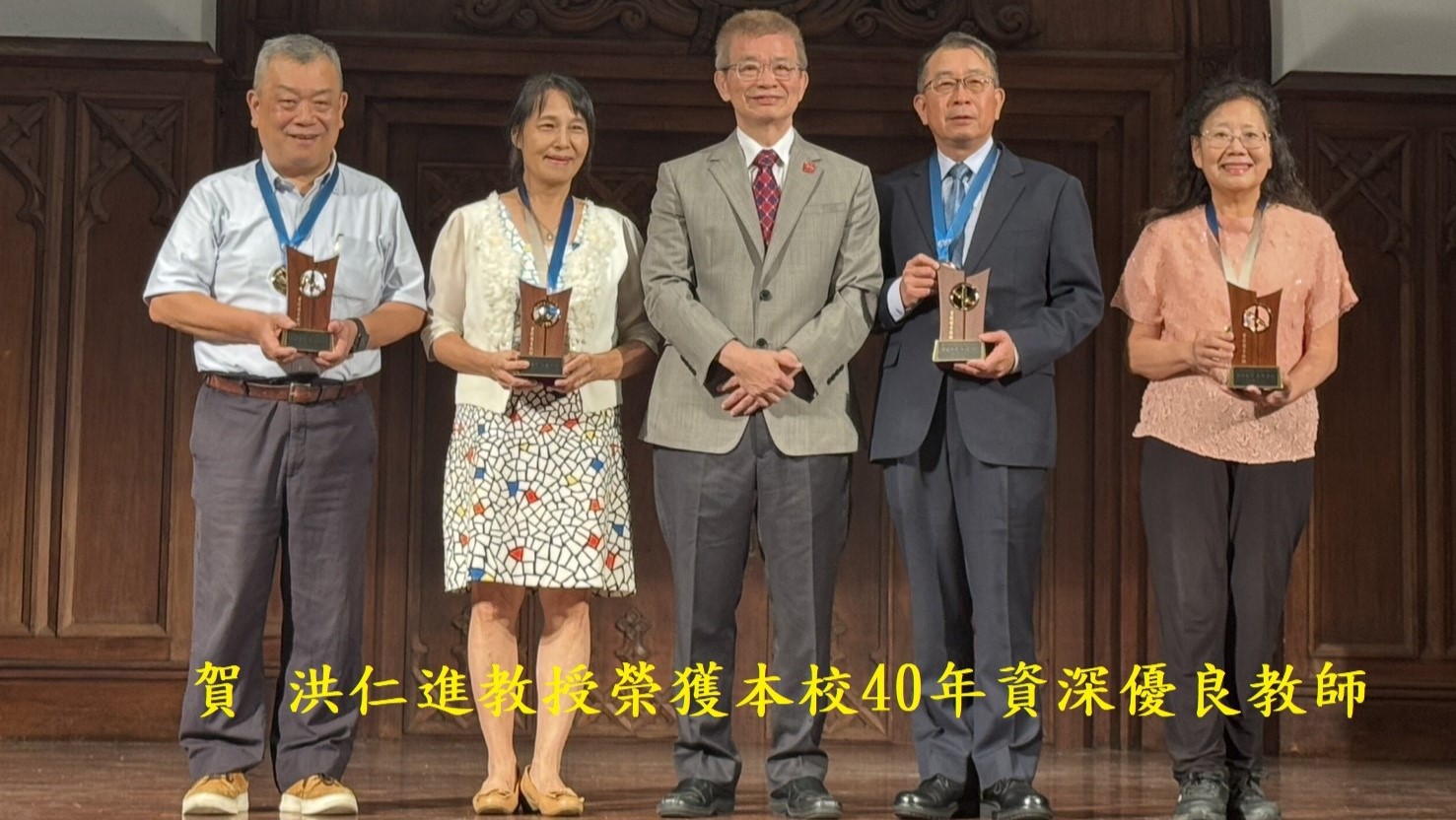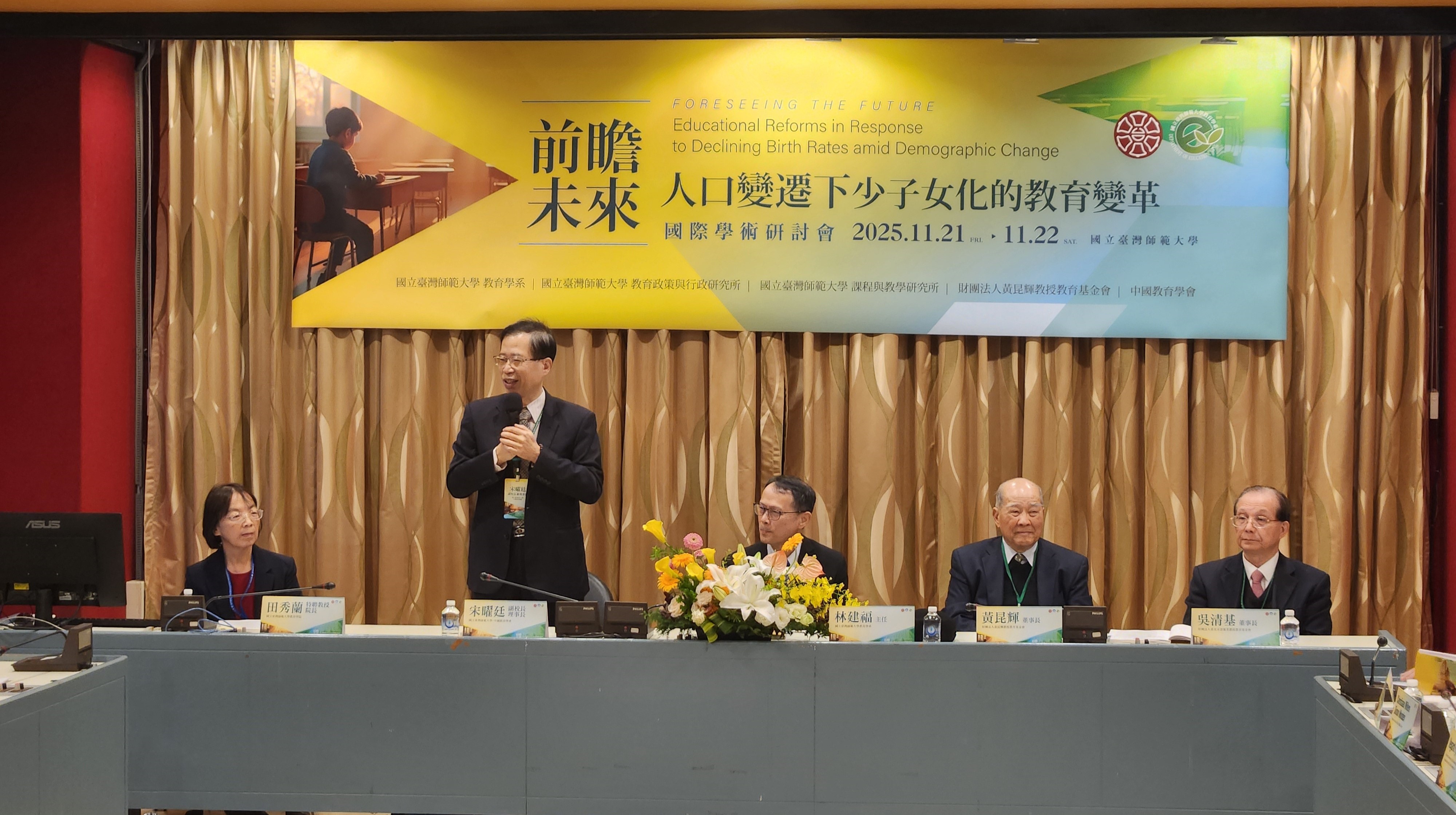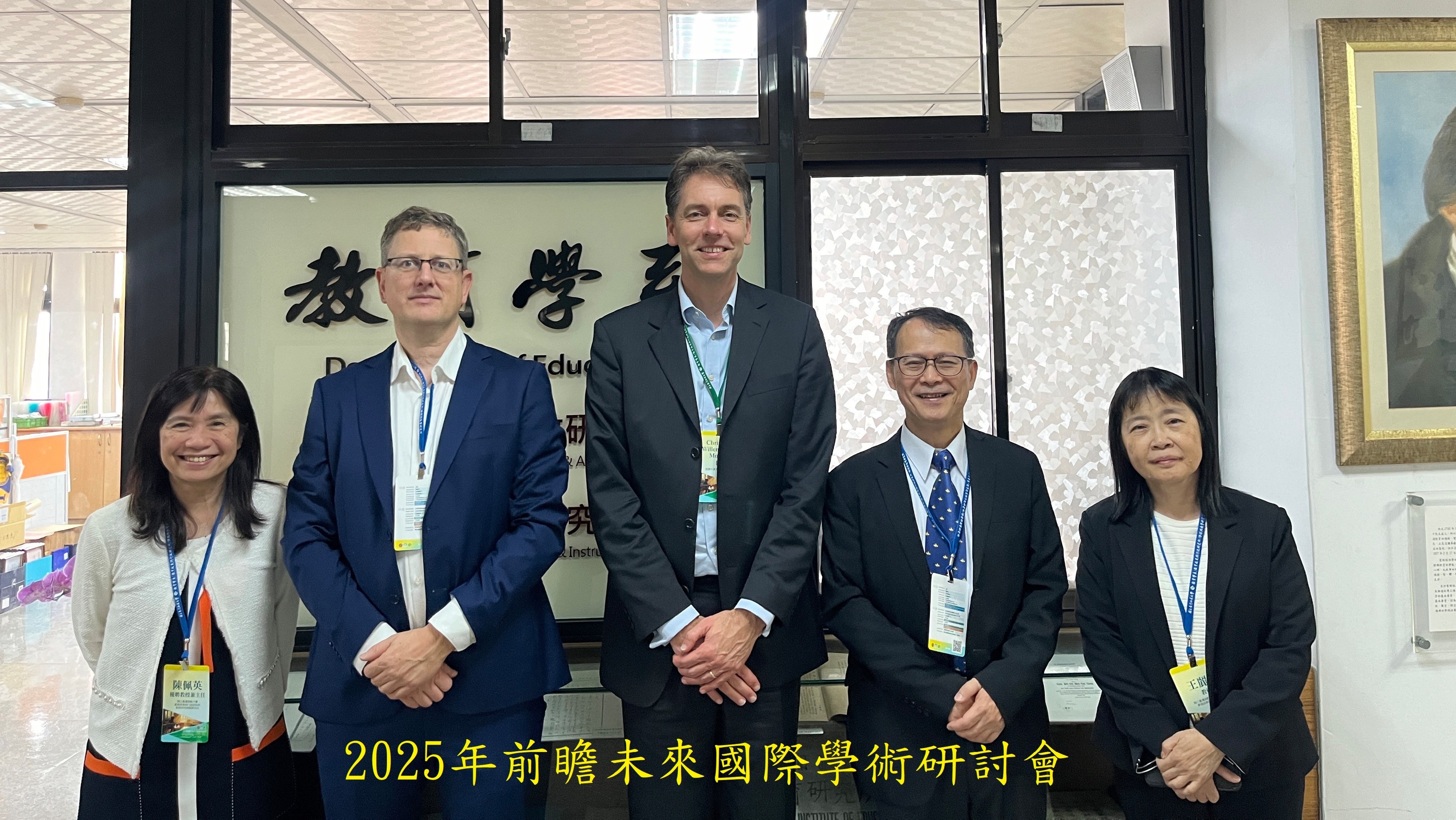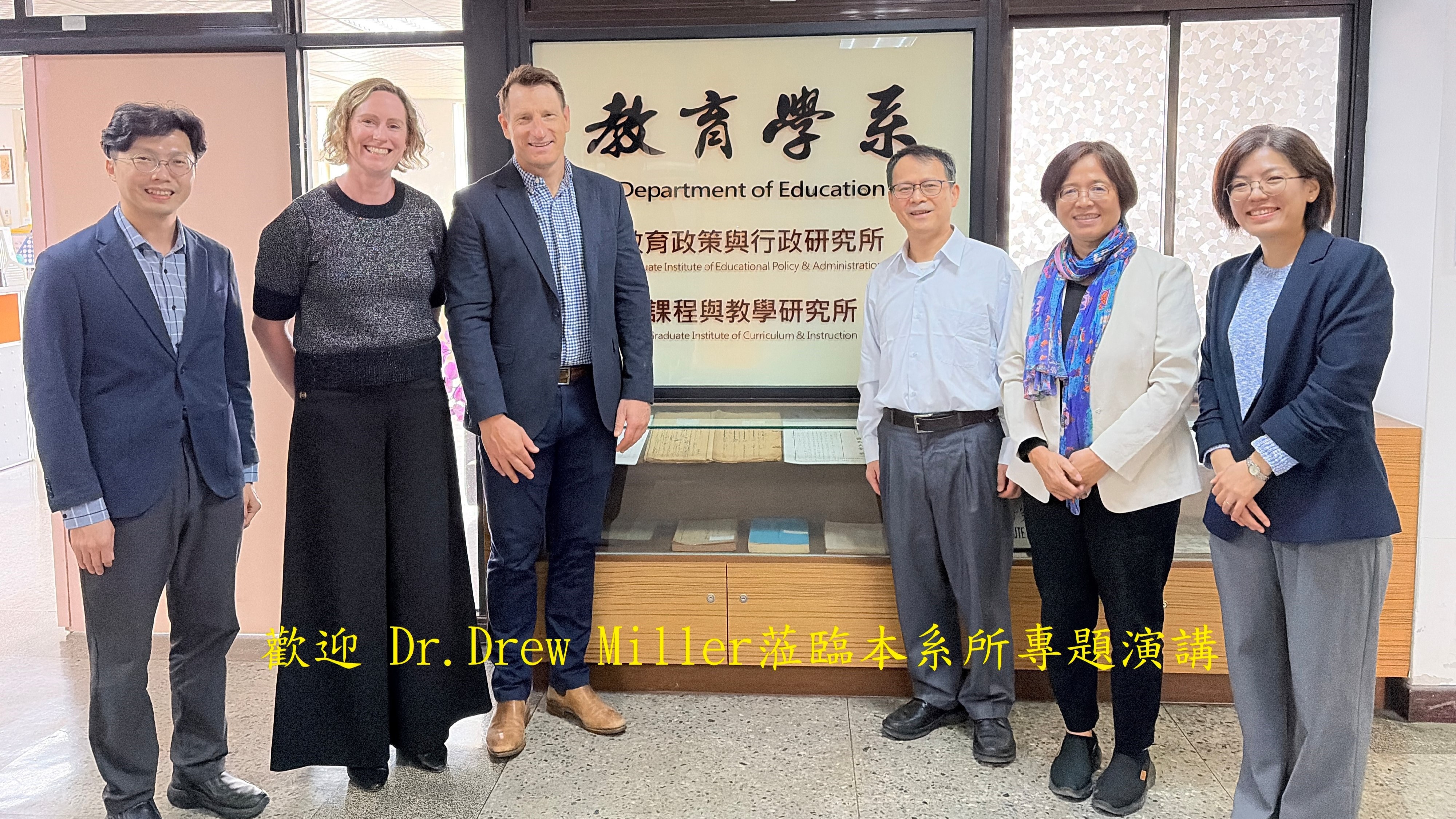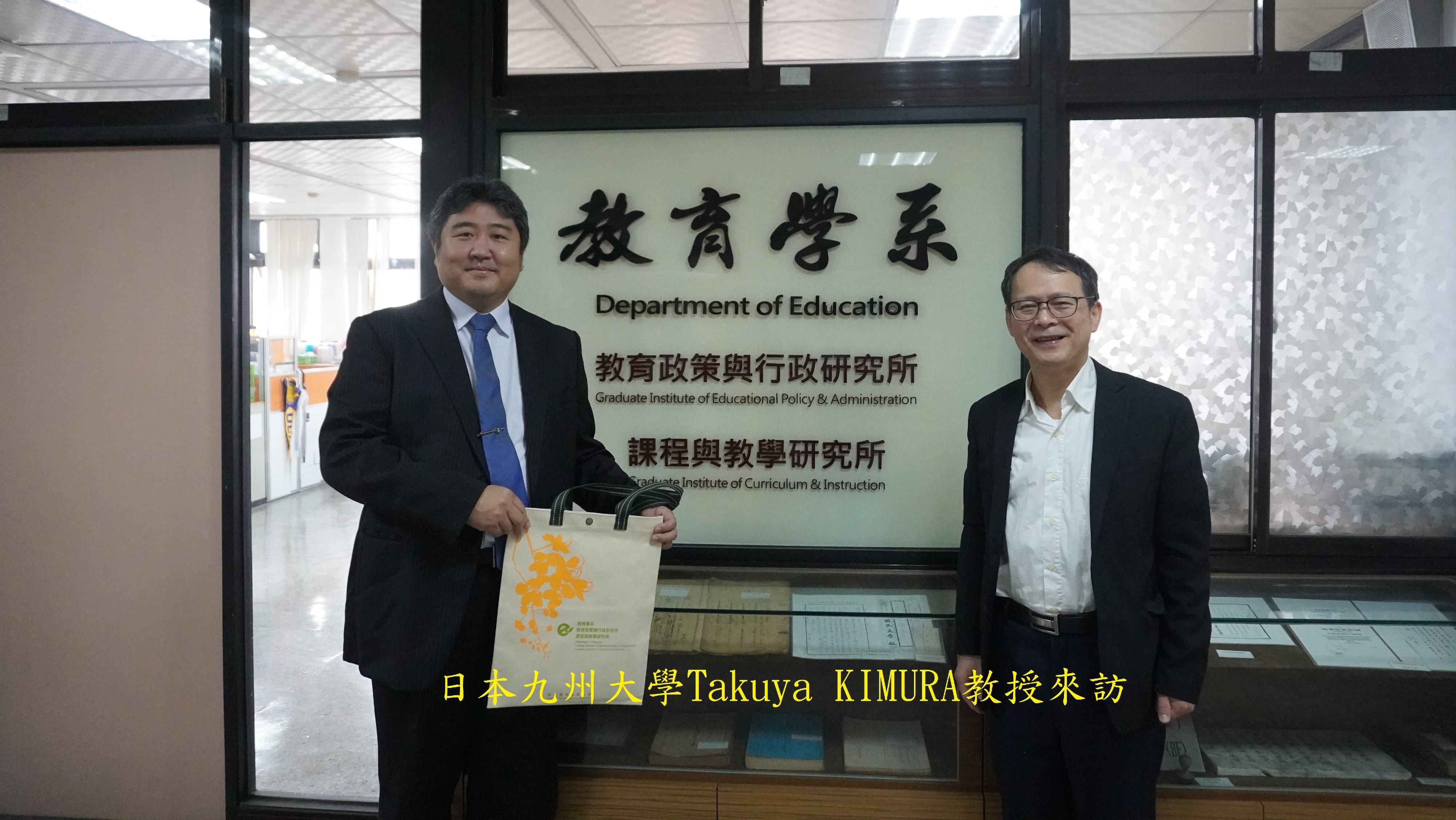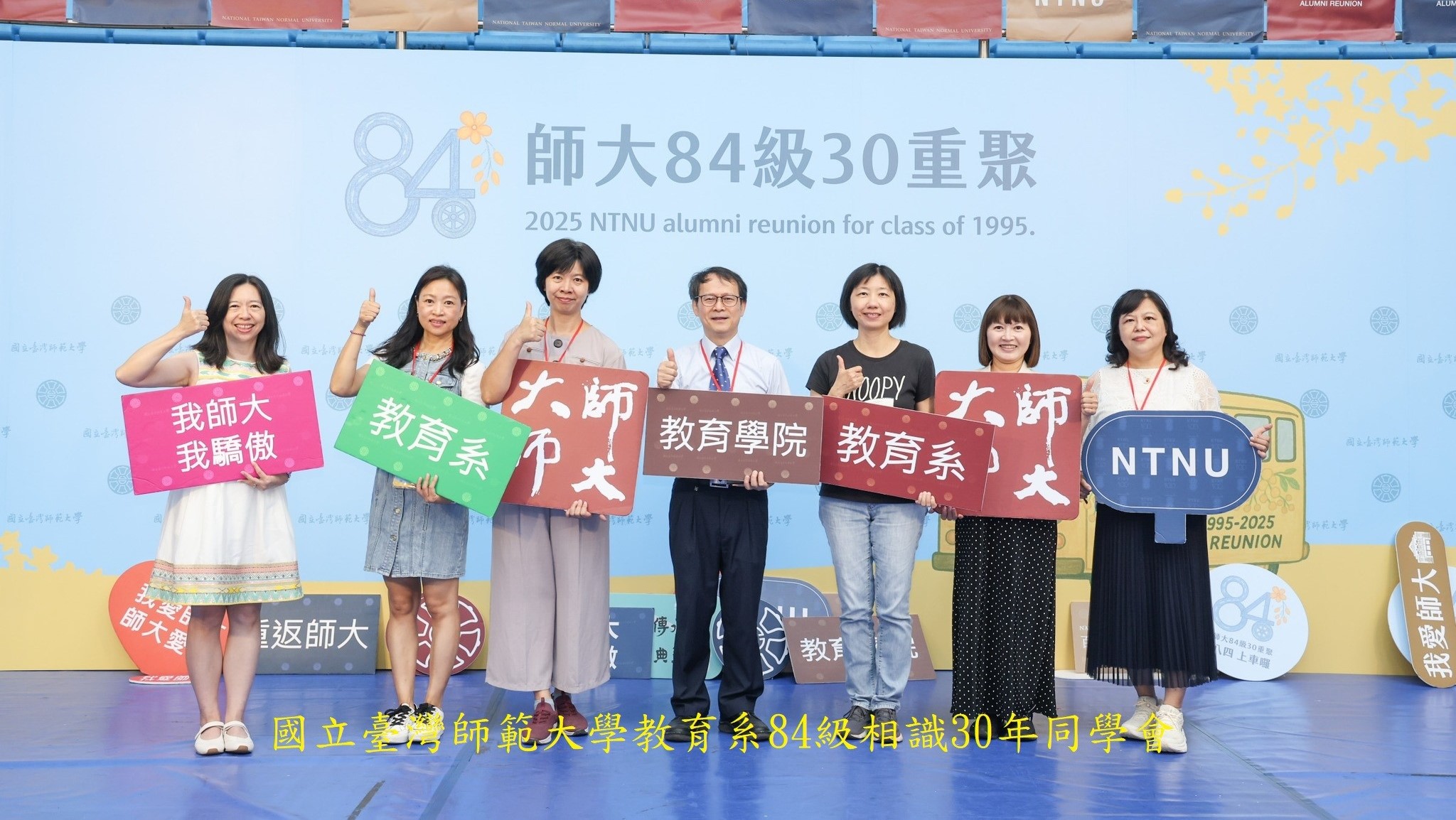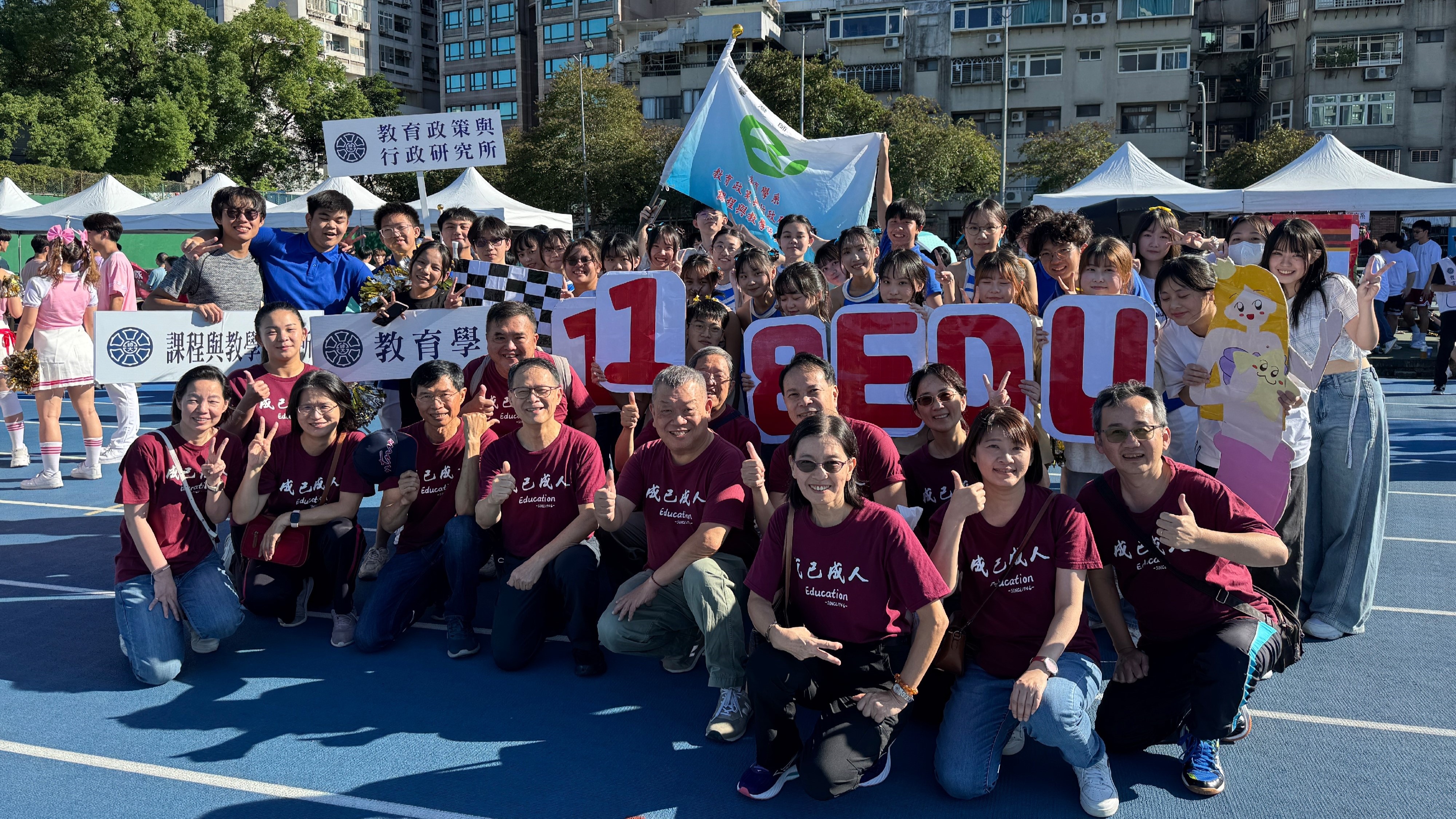View count:
50980
History and Prospects
HistoryCultivating the younger generations for the future is the foundation of a nation's development. Hence, education remains essential for the health of the nation. Furthermore, a professional higher education institute which engages in research on educational theories and practices is necessary to provide an impetus for government policies and education reform as well as to shape the professional development of teachers and school leaders. Now well recognized for its top quality, this department was incepted for these crucial responsibilities in Taiwan.
The Taiwan Provincial Teachers' College was founded in June 1946 with the Department of Education as one of the original seven departments. In 1954, the Graduate Institute of Educational Research was founded by the College in order to offer a master program. In 1971, the program was expanded to include the doctoral program. In order to streamline the programs as well as comply with the University Acts of 1987 and 1944, the undergraduate department and graduate institute were combined to form the Department of Education, which offers undergraduate, master, and doctoral programs.
Goals
To foster an environment that cultivates excellent talents for educational research and practice, the department offers a comprehensive, well-designed curriculum which allows graduates to be equipped with knowledge and ability in instructional practices as well as school administration. Graduates are encouraged to take the civil service examination or work in related field, such as education, social education, and other education-related industries. Additionally, administering effective professional development programs for in-service teachers and school leaders has been a major task for this department.
To become a leading educational research institute in Taiwan, this department comprises of four academic divisions based on the expertise of our faculty members: Philosophy and History of Education, Sociology of Education, Educational Policy and Administration, and Curriculum and Instruction. The research capacities of each division are far-reaching and diverse, and our research outcome have been outstanding in both quantity and quality.
To actively participate in policy-making and provide professional services to local school, faculty members are closely involved in educational policy-making for both the central government as well as the local governments to provide input on the selection of school principals, school evaluation policies, and teacher recruitment criteria. All of these activities demonstrate the social impact of our department.
We want to cultivate students with professional competences for employment and further study, elevate the quality of educational research for the field of education, to increase international exchanges to broaden our students' global perspectives, and to enhance professional development programs for educational improvement.
To become a leading educational research institute in Taiwan, this department comprises of four academic divisions based on the expertise of our faculty members: Philosophy and History of Education, Sociology of Education, Educational Policy and Administration, and Curriculum and Instruction. The research capacities of each division are far-reaching and diverse, and our research outcome have been outstanding in both quantity and quality.
To actively participate in policy-making and provide professional services to local school, faculty members are closely involved in educational policy-making for both the central government as well as the local governments to provide input on the selection of school principals, school evaluation policies, and teacher recruitment criteria. All of these activities demonstrate the social impact of our department.
We want to cultivate students with professional competences for employment and further study, elevate the quality of educational research for the field of education, to increase international exchanges to broaden our students' global perspectives, and to enhance professional development programs for educational improvement.
Features
A renowned department with a long history and well-structured programs.
A strong faculty team with outstanding performance in teaching and research.
A comprehensively-designed curriculum framework with bountiful learning resources.
A positive ethos that promote vibrant and close teacher-student interactions.
On the master level, the program consists of two divisions: philosophy and history of education, and sociology of education. On the doctoral level, in addition to the mentioned two divisions, there is one more division of educational policy and administration.
Elevating the quality of educational research to contribute to the field of education.
Increasing international exchanges to broaden students' global perspectives.
Enhancing professional development programs for educational improvement.
Curriculum
Two principles guiding the curriculum design for the undergraduate level are: 1) Focusing on the four professional aspects of education (educational foundations, curriculum and instruction, educational policy and administration, and the cultural and education industry), and 2) keeping abreast of the current trends in education development. Thus, undergraduate courses are dual-tracked to cater both to academic and practical needs. On the academic level there are research-oriented advanced courses while on the practical level there are courses to prepare students for future employment in the cultural and/or education industries.
On the master level, the program consists of two divisions: philosophy and history of education, and sociology of education. On the doctoral level, in addition to the mentioned two divisions, there is one more division of educational policy and administration.
Prospects
Cultivatng students with professional competences for employity and further study.Elevating the quality of educational research to contribute to the field of education.
Increasing international exchanges to broaden students' global perspectives.
Enhancing professional development programs for educational improvement.



